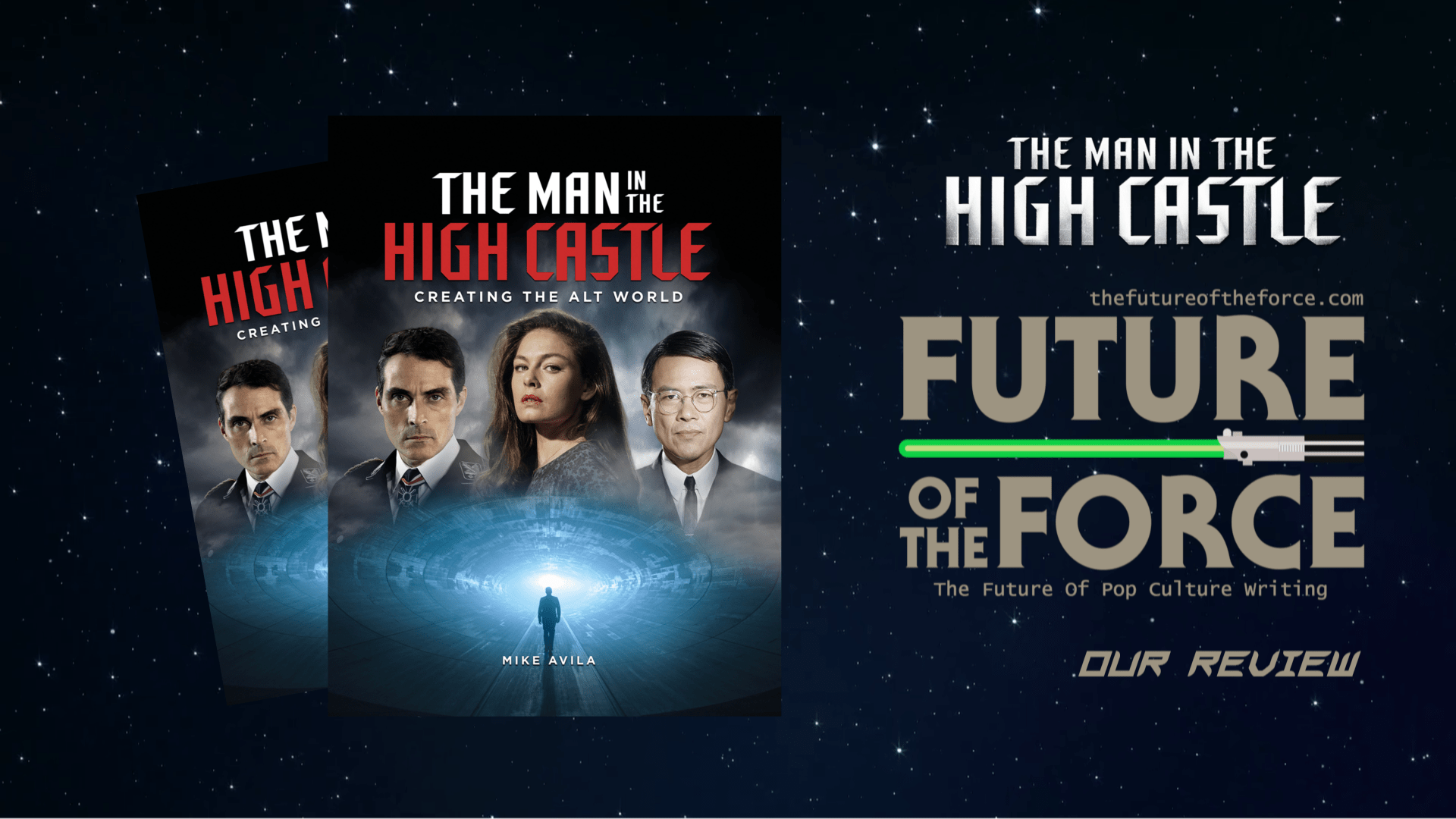"The Man in the High Castle" by Philip K. Dick is a thought-provoking and engrossing alternate history novel that explores what the world would be like if the Axis powers had won World War II.
Set in a post-war America where the country has been divided between the Japanese in the west and the Nazis in the east, the novel follows a diverse cast of characters as they navigate a world shaped by the choices of their conquerors. The story weaves together multiple storylines, each offering a unique perspective on the reality of living in a world where the Allies lost the war.
Dick's writing is sharp and evocative, drawing the reader into a world that is both familiar and unsettling. The characters are complex and multi-dimensional, each grappling with their own moral dilemmas and struggles as they try to survive in a world dominated by oppressive regimes.
One of the most compelling aspects of the novel is its exploration of the nature of reality and the power of storytelling. Through the use of a mysterious novel-within-a-novel, Dick raises questions about the nature of truth, perception, and the ways in which we construct our own realities.
Overall, "The Man in the High Castle" is a powerful and thought-provoking novel that will challenge readers to question their assumptions about history, reality, and the nature of power. It is a must-read for fans of alternate history and speculative fiction.

